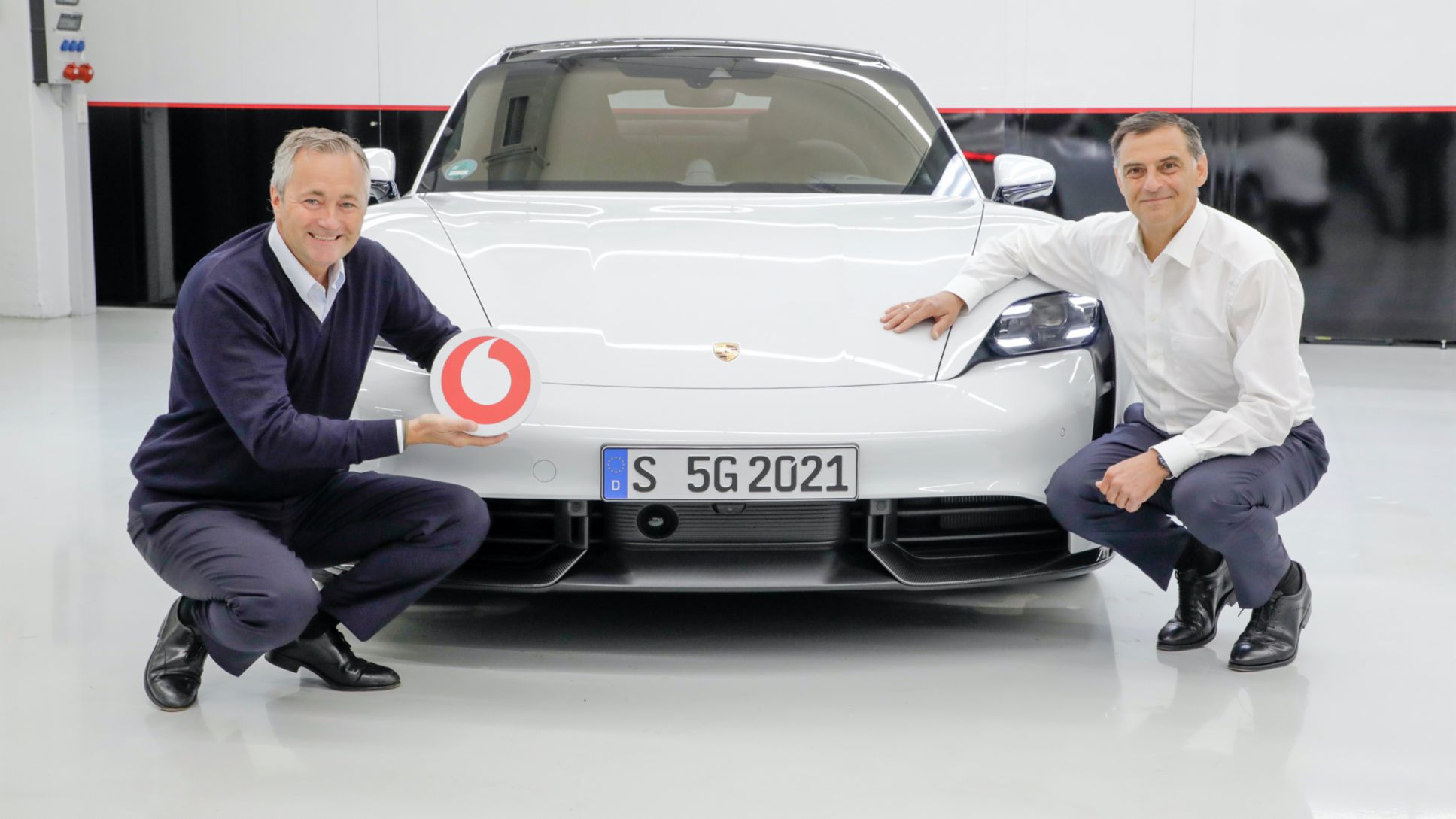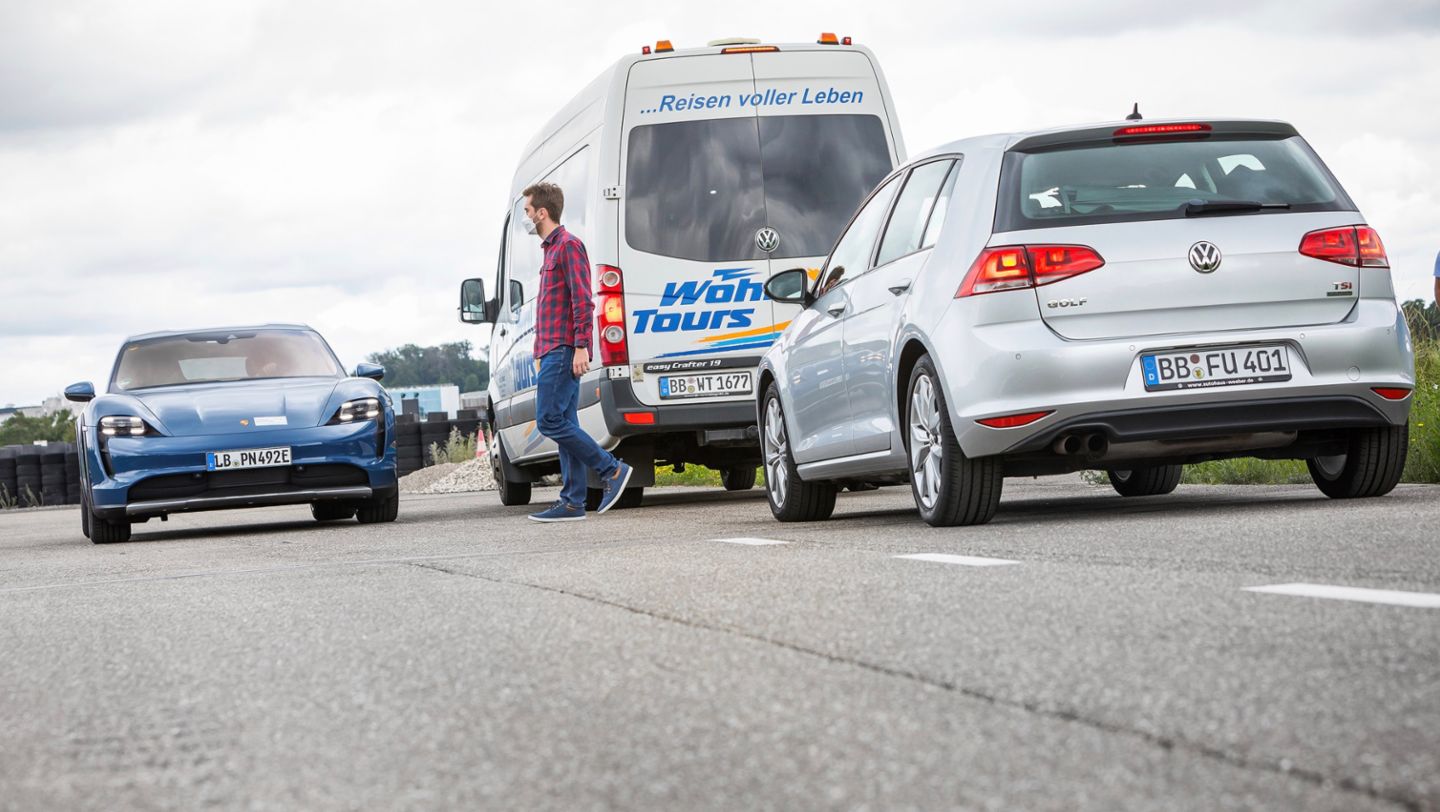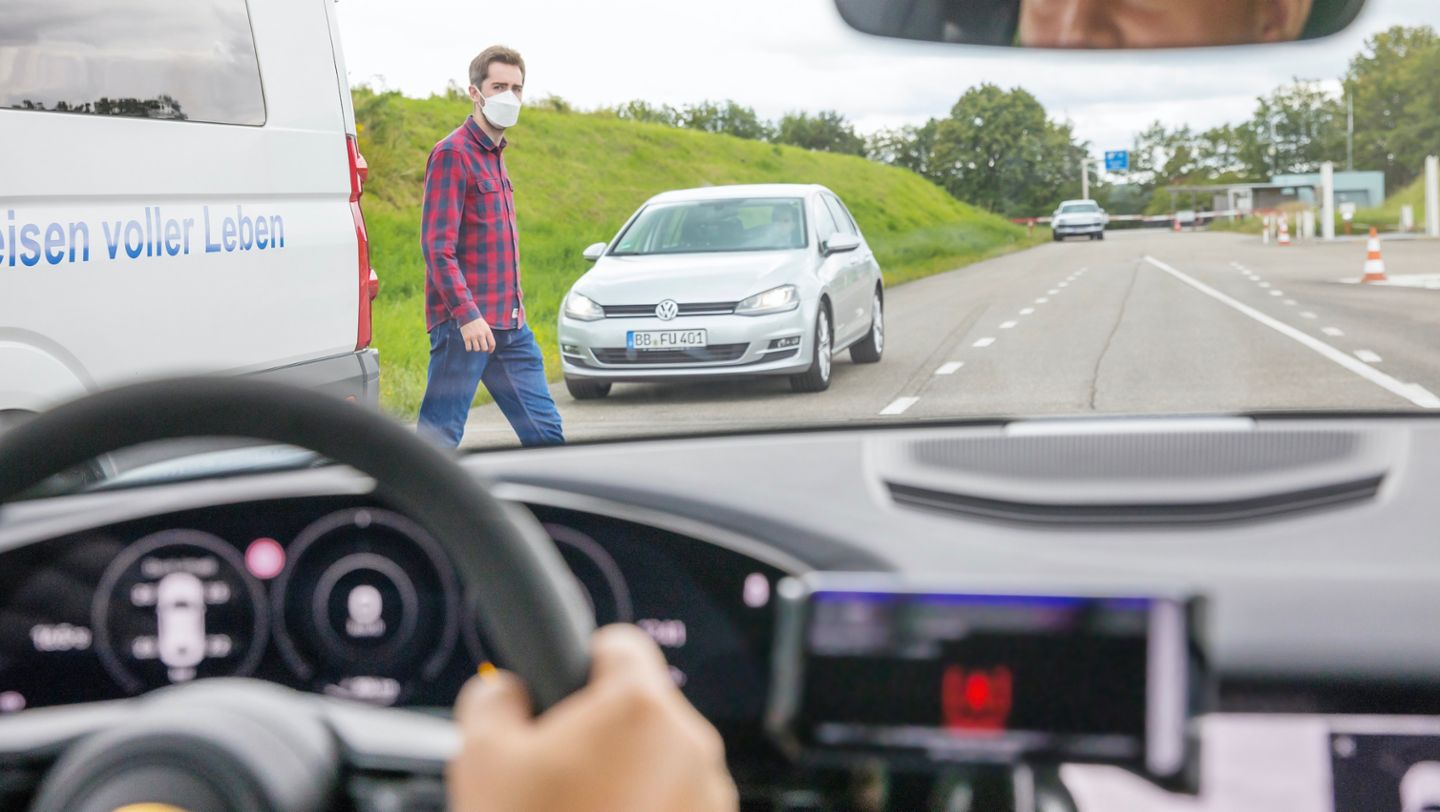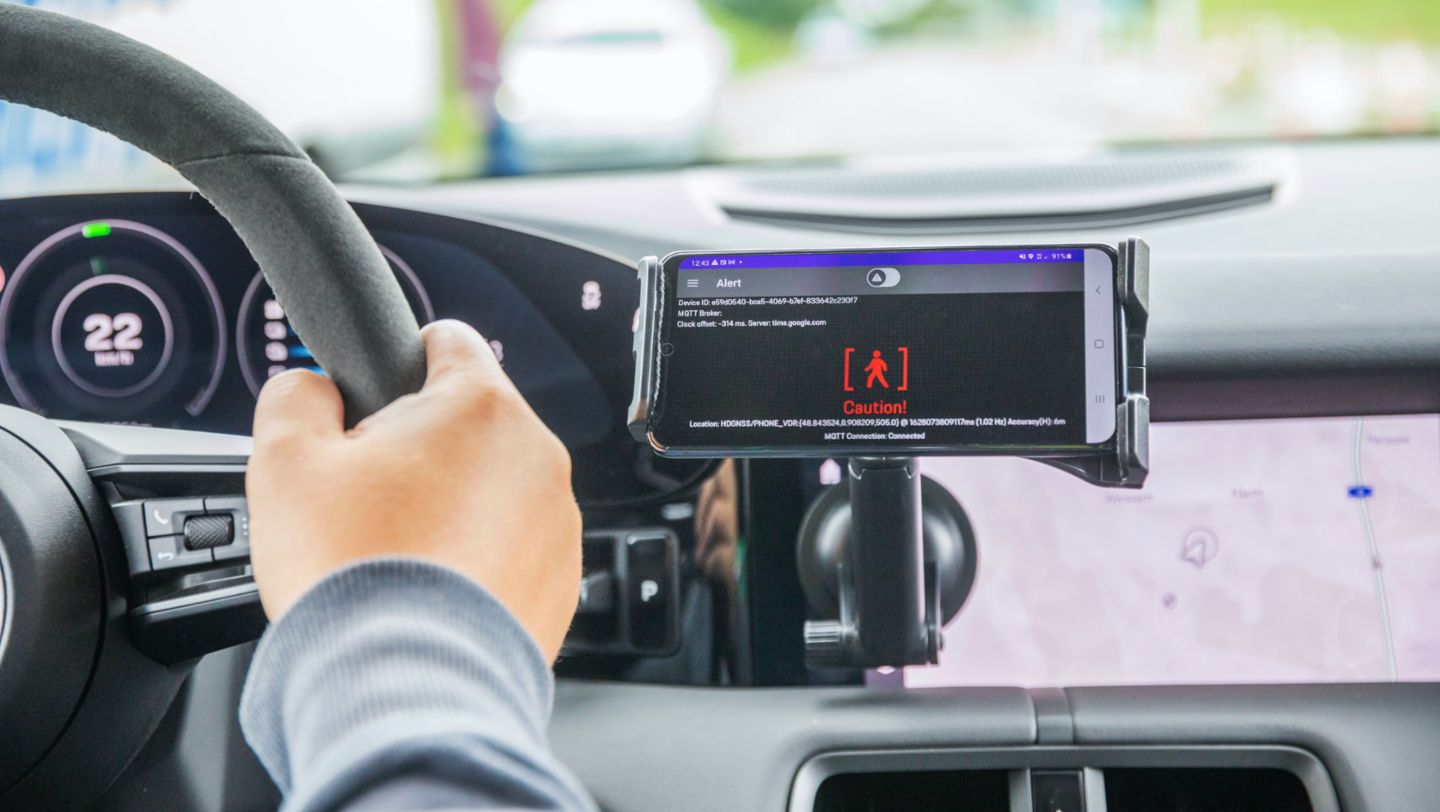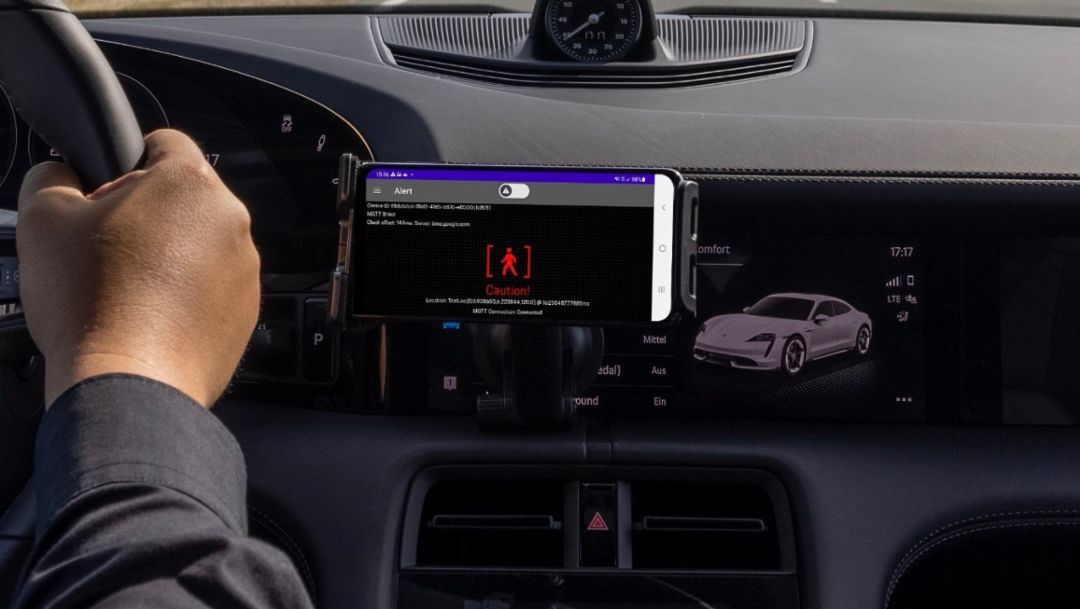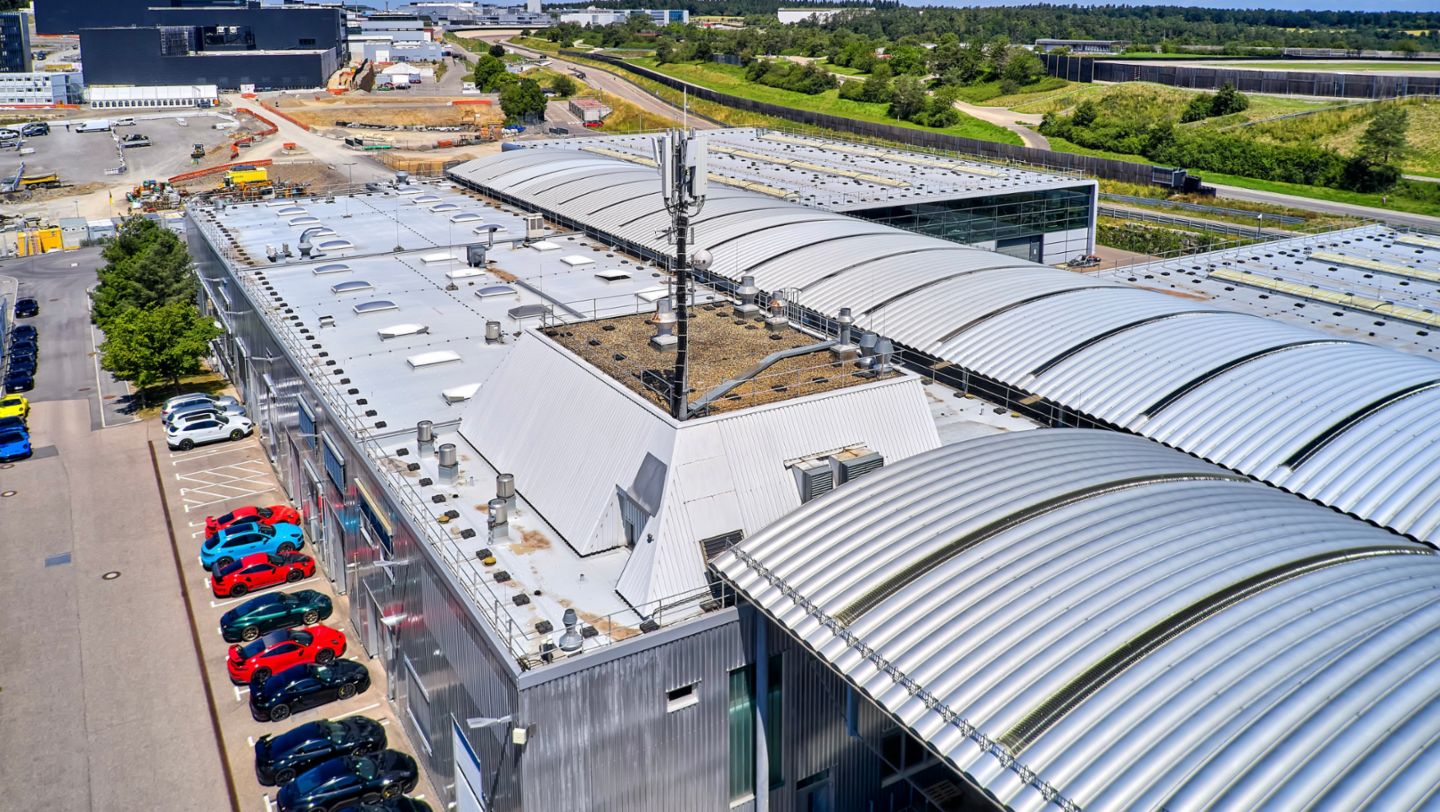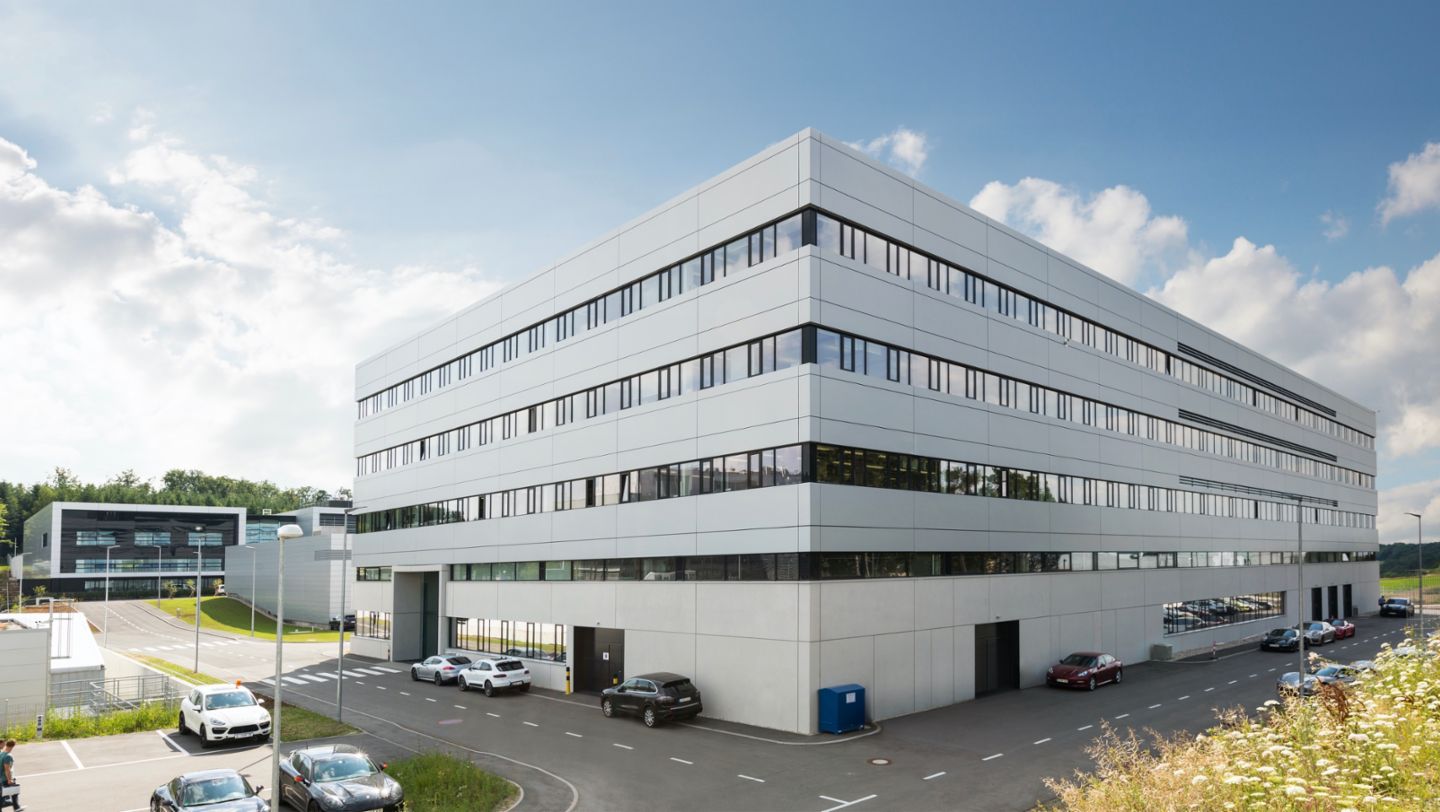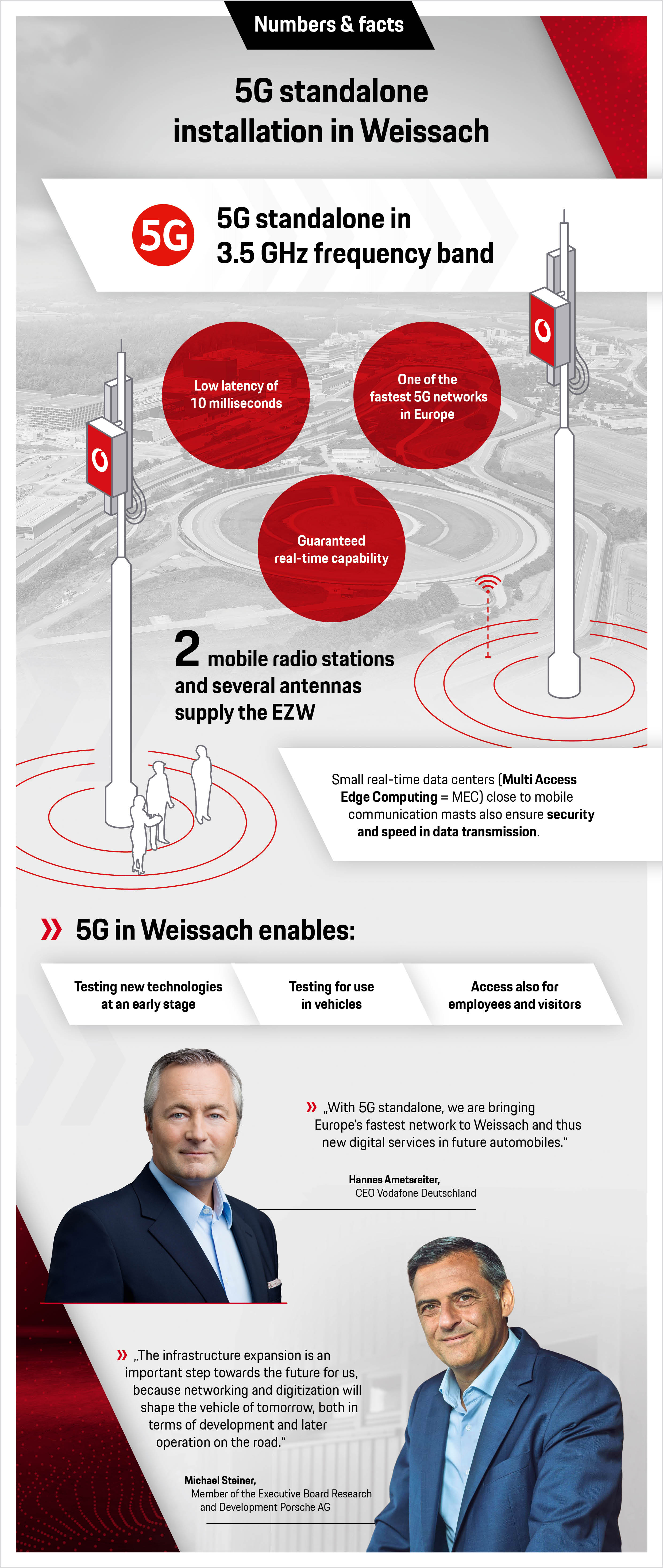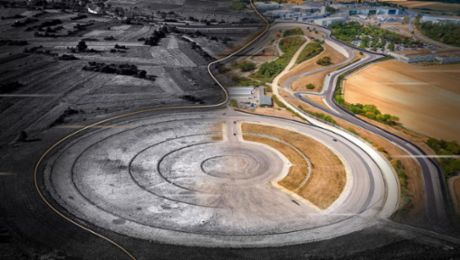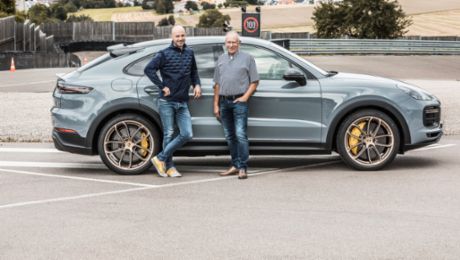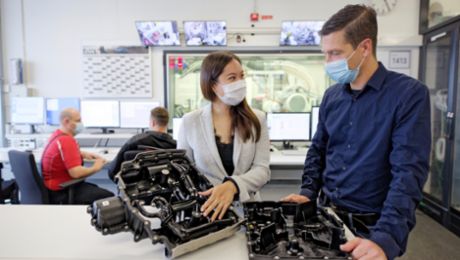Real-time mobile communications will now be available with immediate effect for vehicle development at the site. The new technology will ensure the secure and instantaneous transmission of data between car, human and machine. At the same time, it will improve the framework conditions for the strategic development of new vehicle systems and functions at Weissach, allowing 5G to be integrated in the cars of tomorrow, to meet the requirements of the future.
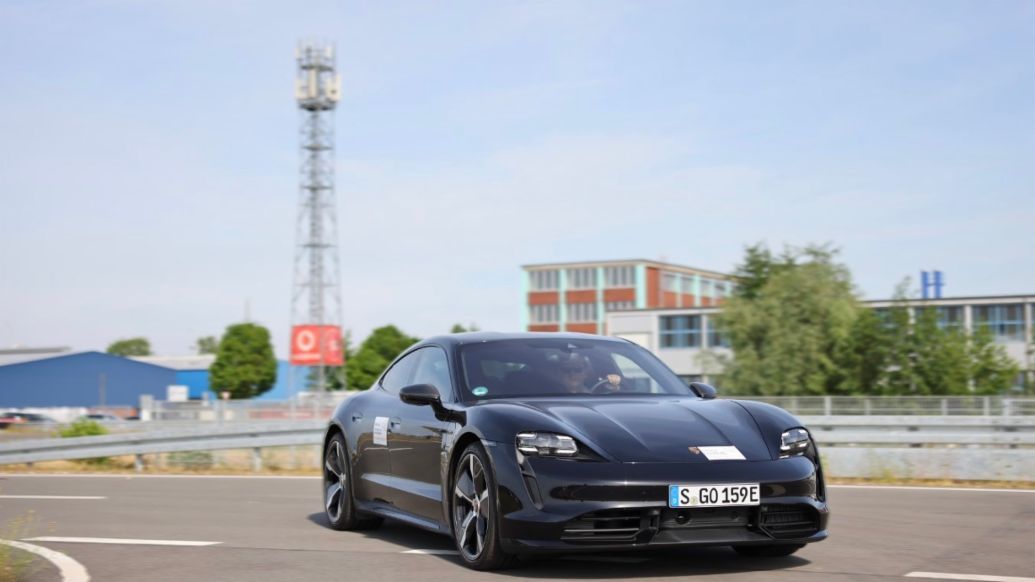
When installing 5G at the Weissach Development Centre, the partners focused on secure and instantaneous transmission between vehicles and digital devices. The technology has the potential to transmit more information much faster than LTE (also known as 4G). Unlike most other 5G networks, the mobile communications architecture at Weissach is a complete 5G standalone solution in the 3.5 GHz frequency range. This means that the site’s 5G network differs from 5G technology in other locations, where in some cases the core network uses existing LTE infrastructure. The delay time for data exchange, also referred to as latency, is only around ten milliseconds in a 5G standalone network, making Weissach’s one of the fastest 5G networks in Europe.
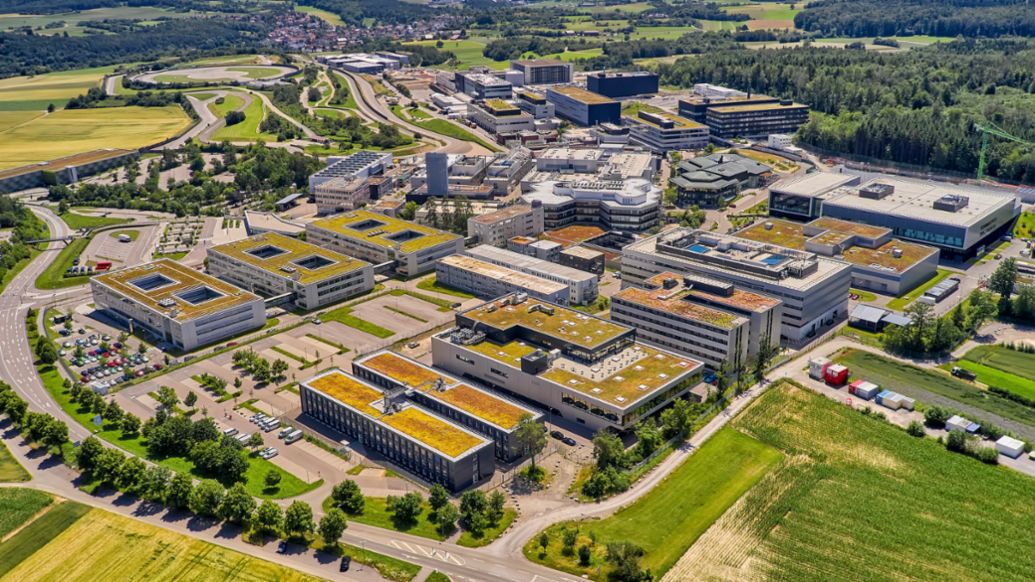
In addition, the 5G standalone network will enable network slicing technology, which is vital for the automotive industry. This means that Vodafone and Porsche can provide small sub-networks with guaranteed bandwidths and latency times for certain events and projects at the Development Centre. “With 5G standalone we have brought Europe’s fastest network to Weissach, and therefore enable new digital services for the cars of tomorrow. 5G is revolutionising the development of vehicles – from the first prototype to the finished series model. In future, Porsche engineers will be able to work on digital vehicle models and prepare them for use on the road. Starting in Weissach, 5G is moving directly into the cars on our roads,” says Vodafone Germany CEO Hannes Ametsreiter.
The real-time capability provided by 5G and multi-access edge computing (MEC) are essential prerequisites for the development of future pre-emptive warning and assistance systems – as well as automated driving functions that require the exchange of safety-relevant data between vehicles. One example of such an application is a warning function that alerts a car’s occupants to hazards on the route ahead. To be able to do this, the system evaluates real-time data from other vehicles in the vicinity.
Currently, Porsche is conducting a feasibility study together with HERE and Vodafone to examine the safety potential of this approach. Other possibilities of fast 5G data transmission are new connectivity and streaming services with higher transmission rates. In future, bandwidths of up to 1,000 megabits per second and real-time data exchange will enable HD-quality content streaming as well as delay-free cloud gaming and augmented reality transmissions in the vehicle, effectively turning the cars of the future into home cinemas on four wheels.
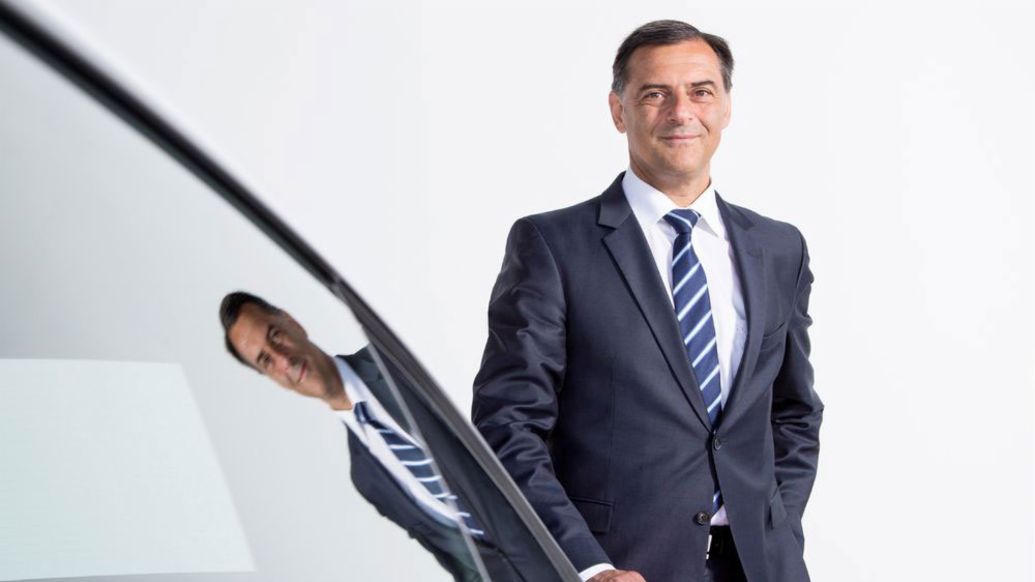
“We have enjoyed a successful partnership with Vodafone, for example in motorsport, and now we are amplifying this and expanding it to new areas with the 5G network in Weissach. Improving infrastructure is an important step for our future, as networking and digitalisation will be hugely important in the vehicles of tomorrow, both in terms of development as well as with regard to later operation on the road,” says Michael Steiner, member of the Porsche AG Executive Board for Research and Development.
Work on the 5G network for the outdoor areas of the Weissach Development Centre was completed just a few weeks ago. Two mobile communications stations and several antennae provide fast network coverage for the entire premises. The next stage is to expand 5G to the facility’s indoor areas. The first area will be the electronics integration centre, where high-performance data exchange is made possible via the 5G network with the aid of special indoor antennae.
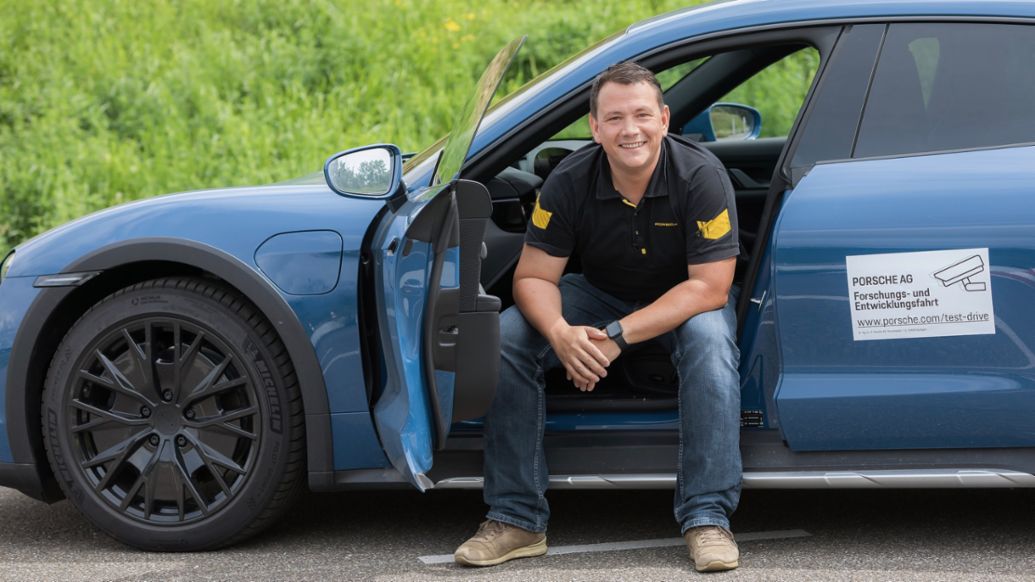
“In future, it will be possible to test developments on the basis of the new mobile communications standard in the electronics labs at the Weissach Development Centre and the results can then be verified on site on the test tracks in real conditions. This saves time during the testing stage, which in turn means we can reduce development times for new vehicle systems,” explains André Schlufter, Connectivity and SIM Manager at Porsche AG. Visitors and partners of the Weissach Development Centre will also benefit from the high-performance, high-speed 5G connection as Porsche and Vodafone have designed the network to be publically available.
The 5G infrastructure at the Weissach site will enable Porsche AG to test new technology at an early stage of the development process and prepare it for deployment in vehicles. 5G and the functions that use this technology will be integrated in new Porsche vehicle generations in the medium term. The exact time for the series launch is yet to be confirmed.
